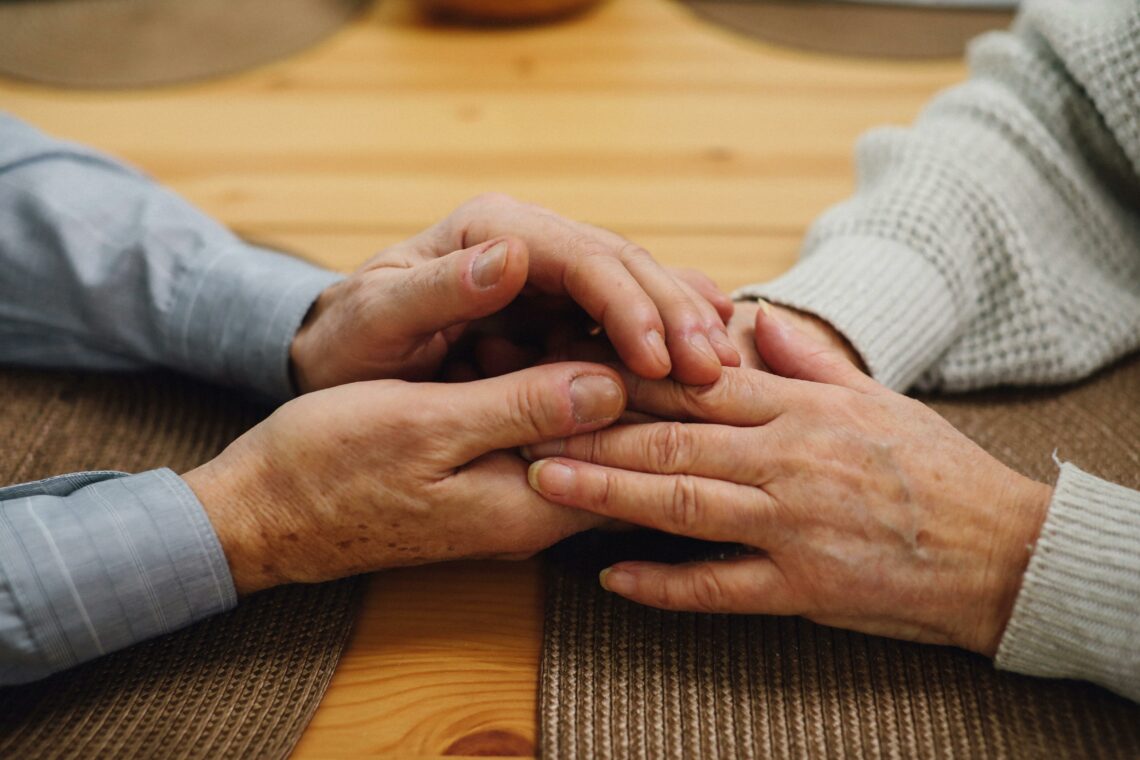For families living with dementia, one of the hardest questions to ask is how it causes death? Dementia is more than memory loss; it’s a progressive brain disease that gradually affects every part of the body.
This article explains what happens as dementia advances, what causes death in the final stages, and how families can prepare with compassion and understanding.
Key insights
- Dementia is a progressive brain disease that gradually damages the brain’s control over vital body functions.
- Pneumonia and respiratory infections are the most common causes of death, often resulting from impaired swallowing coordination.
- Advanced dementia leads to multi-system failure as the brain loses control over breathing, circulation, and temperature regulation.
- Specialist clinical support ensures comfort and dignity during end-of-life care, helping families navigate this time with confidence.
Dementia in the UK today
Dementia continues to be one of the leading causes of death in England and Wales. It is estimated that one million people in the UK live with dementia. This number is expected to reach 1.4 million by 2040.
As brain cells die, the brain’s blood supply becomes disrupted. This damage gradually affects the ability to think, communicate, and control vital functions. Over time, these changes become life-limiting.
How dementia affects the brain and body
Dementia destroys brain cells and damages the network of blood vessels that keep the brain supplied with oxygen and nutrients. As the disease progresses, it begins to affect:
- Thought and memory – leading to confusion and disorientation
- Communication – making it difficult to express needs or pain
- Movement and coordination – increasing the risk of falls
- Vital functions – such as breathing, circulation, and digestion
Different types of dementia damage different parts of the brain.
- Alzheimer’s disease affects the hippocampus and temporal lobes, causing memory loss and language problems.
- Vascular dementia results from reduced blood flow to the brain due to strokes or small vessel disease.
- Lewy body dementia and frontotemporal dementia alter movement, mood and behaviour through abnormal protein deposits.
In rare cases, symptoms worsen rapidly over weeks or months. This condition is known as rapidly progressive dementia (RPD).
The progression is gradual but inevitable, eventually affecting the brain’s control over the body’s most essential systems.
Why is dementia fatal?
Dementia causes progressive brain damage that leads to life-threatening complications. These complications vary but often include infections, nutritional decline, and organ failure.
Understanding what happens in the later stages helps families prepare and ensure comfort and dignity throughout.
Common complications in advanced dementia
Pneumonia and respiratory infections
Pneumonia is the most common cause of death in people with dementia.
As coordination between swallowing and breathing becomes impaired, food or fluids can slip into the lungs, causing aspiration pneumonia. Inactivity and a weakened immune system make these infections harder to fight. Symptoms include shallow breathing, fever, coughing, or sudden confusion.
Carers with specialist dementia training can help by offering soft or pureed foods and ensuring upright positioning during meals. In advanced dementia, the focus shifts to specialist palliative support and managing distress.
Nutritional decline and dehydration
Loss of appetite, difficulty preparing meals, and swallowing issues lead to weight loss and dehydration. These weaken the immune system and increase infection risk.
Small, regular meals and monitoring hydration can help. In the final stages, maintaining comfort becomes the priority.
Managing coexisting conditions
Around half of people with dementia also live with chronic illnesses such as diabetes, high blood pressure, or heart disease. Forgetting medication or missing appointments becomes common, and without consistent treatment, complications can become fatal.
Coordinated care between GPs, nurses, and family members is essential to reduce risk and maintain well-being.
Falls and related injuries
Memory loss, poor spatial awareness, and muscle weakness make people with dementia more likely to fall. Fractures – especially hip fractures – can lead to immobility, infections and further decline.
Removing trip hazards, adding grab rails, and improving lighting significantly improve safety and confidence.
Incontinence and infection risk
In the later stages, many people lose bladder and bowel control. Incontinence increases the risk of urinary tract infections, which can quickly cause confusion, fever, and sepsis.
Regular toileting routines, keeping skin clean, and using appropriate continence products prevent infection. If infections occur frequently, professional clinical oversight may be needed.
Skin ulcers and immobility
When mobility declines, constant pressure leads to painful pressure sores. These can become infected, leading to sepsis.
Advanced dementia and system failure
In the final stages, the brain’s control over vital systems begins to fail. This can cause:
- Irregular breathing or long pauses between breaths
- Weak circulation and low blood pressure
- Changes in body temperature
- Reduced responsiveness or deep sleep-like states
This is known as multi-system failure. It marks the body’s natural decline as brain function diminishes. Most people become increasingly tired, eat and drink very little, and sleep more.
At this stage, the focus of care shifts to palliative support – making sure the person is pain-free, calm, and comfortable in familiar surroundings. Families find reassurance in specialist live-in carers who understand end-of-life care for people with dementia.
Supporting your loved one through the final stages
Facing the end of life with dementia is emotionally overwhelming. With compassionate clinical support and the right expertise, people can experience comfort, dignity, and peace in their final days.
Clinical care teams provide symptom management, gentle repositioning, and emotional reassurance. Family members can help by playing familiar music, holding hands, or simply sitting together in silence.
When supporting someone through the final stages of dementia, specialist care makes a meaningful difference. Our dementia-trained carers provide round-the-clock clinical support, ensuring comfort and dignity at home.
“My elderly father has dementia, and we have been using Hometouch for over two years. Dad has regular carers who live with him and know he’s needs and routine. This is a great relief for the family as dad is not ready yet for a care home. Being in his own environment helps, and having carers we can trust means we, as a family, can relax knowing he is happy.”
Kirsty
Talk to our care team about palliative dementia care – no pressure, just guidance when you need it most.




